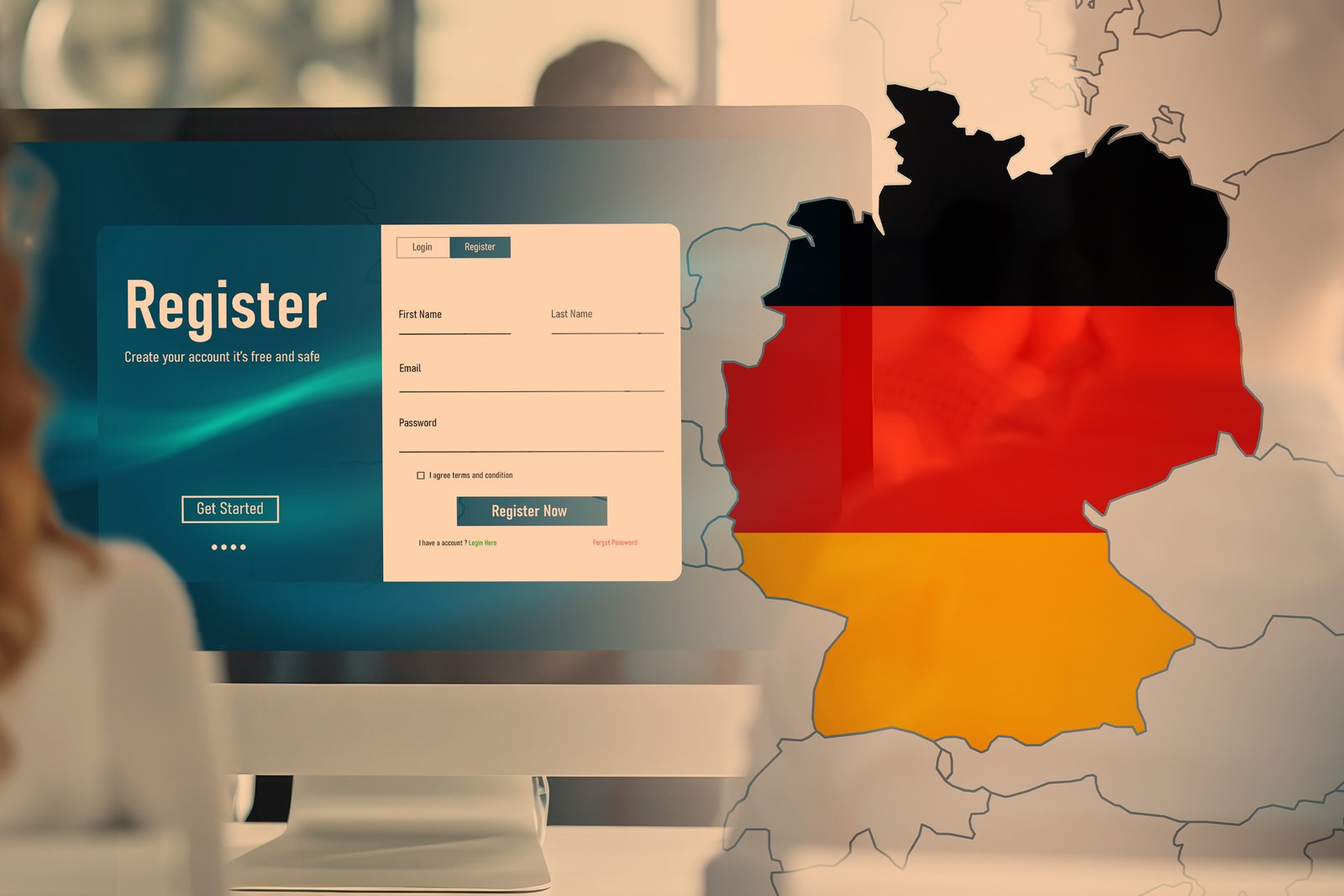How to Register a Company in Germany (2025 Guide)

Germany attracts over 1 million registered businesses annually, making it one of the most business-friendly ecosystems in Europe.
Germany isn't just Europe's biggest economy—it's an entry point to the entire EU market, with stable institutions, advanced infrastructure, and strong investor protections. But while the German company register process is well-defined, real success depends on how you plan before you sign anything.
Here’s how to think about registering your company in Germany the smart way.
Choose the Right Market Entry Strategy
According to the German Commercial Code (HGB), these are the primary business structures available to foreign investors.
Germany supports multiple strategies for foreign companies:
- Subsidiary (GmbH, UG, AG): A fully incorporated, independent entity in Germany with its own liability and tax obligations. Best for serious market commitment.
- Branch Office: Easier to set up, linked legally and financially to the parent company. Good for testing the market with lower cost and complexity.
- Joint Venture: Partner with a local German firm to share resources and market access.
- Representative Office: Limited activities (e.g., marketing, sourcing), no commercial trading.
Plan Ahead: Regulatory and Tax Considerations
Germany’s legal environment is transparent but detail-heavy. Early planning avoids delays:
- Trade Licensing: Certain sectors require local approvals beyond the standard registration.
- Tax Registration: VAT number, local tax office registration—essential for invoicing and operations.
- Employment Rules: Employee contracts, social security registration, works councils.
- Data Protection: GDPR compliance is not optional.
You can’t “wing it” here. Talk to advisors about your sector’s rules up front.
Budgeting for Company Registration in Germany
Registration costs vary by form but don’t stop at notary fees. Smart investors budget for:
- Invest in legal and translation costs, particularly if the documents are not in German.
- Bank account setup (banks often require in-person verification).
- Office address requirements (real or virtual).
- Accounting setup to meet German standards.
- Tax consultancy—especially for cross-border profit flows.
Know the Timeline
Many founders underestimate time-to-launch:
- Name approval and documentation: 1–2 weeks.
- Notary appointments: depends on location.
- Bank account opening: 1–3 weeks, with KYC checks.
- Commercial Register entry: 2–4 weeks.
- Tax registration: 2–6 weeks.
Expect 4–8 weeks total even for the simplest GmbH.
Leverage Germany’s Incentives and Ecosystem
Germany actively supports new investment. Don’t leave free money on the table:
- Federal and state grants: Up to 50% for eligible investments.
- Low-interest loans: via KfW and regional banks.
- Start-up hubs and incubators: Especially strong in Hannover, Berlin, Munich, and Hamburg.
- Industry clusters: Industry clusters include advanced manufacturing, logistics, and industrial innovation in Hannover, biotech in Munich, fintech in Frankfurt, and automotive in Stuttgart.
- Tax incentives: Reduced local business tax in certain municipalities.
Common Mistakes to Avoid
- Underestimating paperwork: Germany is meticulous. Missing a document can delay registration by weeks.
- Ignoring address requirements: Must have a registered German office, even virtual.
- Choosing the wrong form: A UG might be cheap but can hurt credibility with banks and partners.
- Forgetting VAT registration: You can’t issue valid German invoices without it.
- Skipping local advice: Regulations vary by state (Bundesland) and city.
Why Professional Support Pays Off
Registering via local experts saves time, money, and stress. Professionals help with:
- Navigating the German company register process smoothly.
- Drafting and notarizing compliant documents.
- Opening bank accounts with minimum hassle.
- Registering with the Gewerbeamt and Finanzamt correctly.
- Advising on tax-efficient structuring.
- Identifying and applying for incentives.
This isn’t just compliance—it’s your first step to business success in Germany.
Ready to Launch? Let’s Talk Business Setup
At HIBS, our dedicated business setup team helps foreign investors register companies in Germany seamlessly. We can guide you through the entire process—from documentation to incentives, banking, and local compliance.
Start with confidence. Contact us today to discuss your German company registration goals. Need the big picture? Don’t miss our how to register a company in germany (2025 guide) for every legal form and step.















 Twitter
Twitter